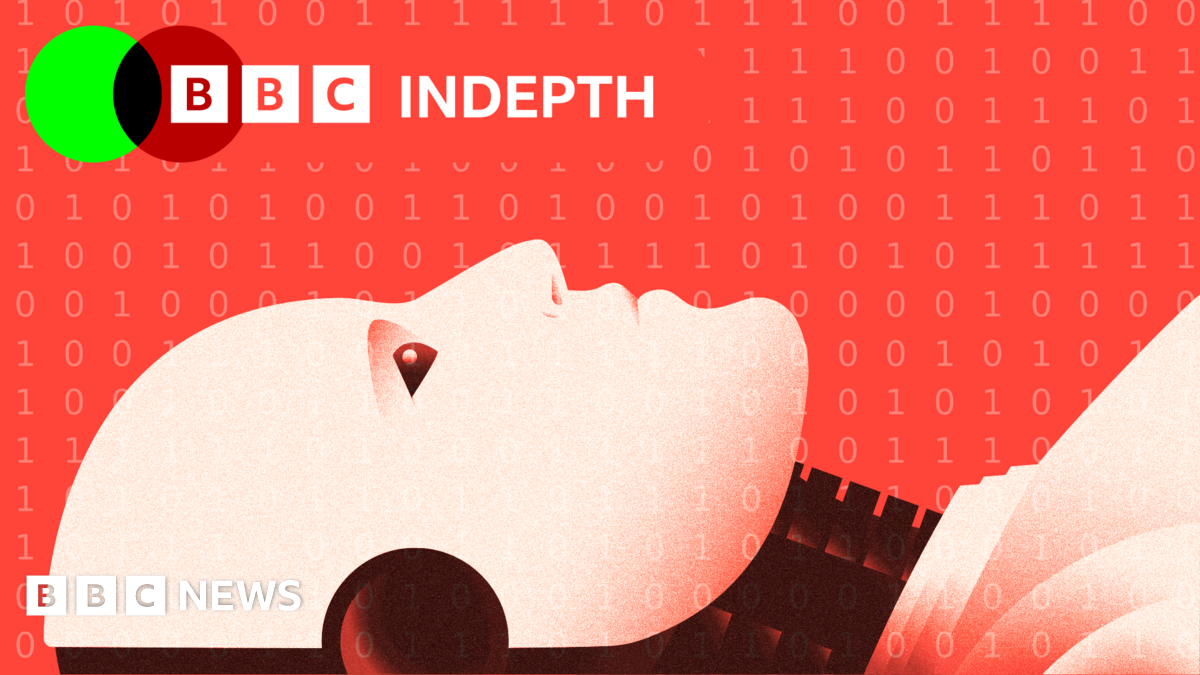Japan sets new internet speed world record — 4 million times faster than average US speeds
-
I have 75 mbps and it's plenty enough except maybe for that one time once in a while where I'm downloading a game on Steam and would like it a little quicker. I see no point of paying three times what I'm paying right now per month to get 300 mbps. Even if it's available, even if I can afford it. I'd need to download a whole bunch of stuff at the same time to ever make use of that kind of bandwidth.
I can tell some ISPs are blatantly preying on ignorant people, selling them 300 mbps connections at a premium while all they do is google stuff, check their e-mails and browse their social media. They'll never use more than a tenth of what they're paying for, the rest is just wasted money. But they don't know that.
Average internet speeds in a country can be a very misleading stat as a result.
Edit: Looks like two people don't like that they've realized they're overpaying for their internet.
House size and media consumption are going to be big factors here I think. You get four people trying to stream, game, listen to music, whatever it is people these days use phones for, etc; it's going to really add up. Sure lots of people barely use the internet and are getting sold way more than they need but it's not uncommon anymore for multiple hd things to be simultaneously happening in one house
-
Ignoring clickbait title, this is impressive. Networked devices used to be the limit on data transfer.
Are there any devices even capable at reading/writing at 125,000G/sec?
Seems breakthroughs here are more relevant to for backhaul networks.
Most likely sending pseudorandom data so that the data can be validated at the other end.
Given they say it's really 19 fibers in one, that's really just 6,600Gb/s per fiber which is really just 4 colors per fiber with one of those and some amplifiers: https://www.fs.com/c/1.6t-osfp-infiniband-1392
Apparently those go into a watercooled switch. Those 1.6T NICs sound absolutely insane. Makes your home 10G network look strings and cans.
It's not that insane in perspective. Probably still needs a whole rack of equipment to run just that test, but the technology is not too far off that it's quite plausible.
-
This post did not contain any content.
Meanwhile in aus we get like 5 MB/s
;-;
-
House size and media consumption are going to be big factors here I think. You get four people trying to stream, game, listen to music, whatever it is people these days use phones for, etc; it's going to really add up. Sure lots of people barely use the internet and are getting sold way more than they need but it's not uncommon anymore for multiple hd things to be simultaneously happening in one house
Content becomes a lot bigger in size while we get too used to getting it immediately. I could've laughed and how I set a PC to torrent overnight in pre-100MB times, but with games liberally crossing 100GB line I can see myself going back to that.
-
Pretty clickbait title to compare a lab speed to average internet. I'm sure it's several million times faster than average Japanese internet too.
Its just got nothing to do with "internet". That is the issue with the headline. Its just some random piece of fiber that isnt even connected to any wider network. Im assuming they just used big ass rolled up rolls of fiber connected to one another to get to the 1800km. There are no end user "internet" applications for it either. The only thing it could be used for is isolated connections between internet hubs or inside datacenters for local network.
Still impressive ofcourse but just doesnt have anything to do with "internet" in the end user sense.
-
Meanwhile in aus we get like 5 MB/s
;-;
Only until you hit your data cap!
-
This post did not contain any content.
What's the point though? With more and more trash content on the internet what would the bandwidth be used for? To force-feed people more ads?
-
What's the point though? With more and more trash content on the internet what would the bandwidth be used for? To force-feed people more ads?
For better piracy 🥰
-
Meanwhile in aus we get like 5 MB/s
;-;
Wow, it's that bad?
I live in rural Pacific NW and just upgraded to 5gbit symmetric fiber.
-
The title is 'internet', implying a network of networks. The title wasn't 'new record in data transmission speed'.
Article explains. You don't read it.
-
Meanwhile in aus we get like 5 MB/s
;-;
Yeah Australia still hasn't quite caught up to the internet speeds some other countries had 15 years ago. It's kinda sad. I'm still sad the original (good) NBN got replaced by the janky NBN that's taken years to fix.
The other weird thing in Australia is that even the expensive fibre plans are asymmetric. Most countries that have fibre have a 1Gbps symmetric plan (meaning upload and download are both 1Gbps) whereas the 1Gbps NBN plan has a ridiculously low ~50Mbps upload speed.
I moved from Australia to the USA in 2013. Back then, I had ~9Mbps ADSL2+ in Australia, compared to 600Mbps in the USA. Huge difference. Now I've got 10Gbps symmetric in the USA for $50/month through a local ISP.
-
Article explains. You don't read it.
Of course I read it, and investigated the source. The issue is with the title the article chose.
-
What's the point though? With more and more trash content on the internet what would the bandwidth be used for? To force-feed people more ads?
640K ought to be enough for anyone.
-
This post did not contain any content.
i mean a tincan with a wire on it is faster than average us internet speeds
-
Yeah Australia still hasn't quite caught up to the internet speeds some other countries had 15 years ago. It's kinda sad. I'm still sad the original (good) NBN got replaced by the janky NBN that's taken years to fix.
The other weird thing in Australia is that even the expensive fibre plans are asymmetric. Most countries that have fibre have a 1Gbps symmetric plan (meaning upload and download are both 1Gbps) whereas the 1Gbps NBN plan has a ridiculously low ~50Mbps upload speed.
I moved from Australia to the USA in 2013. Back then, I had ~9Mbps ADSL2+ in Australia, compared to 600Mbps in the USA. Huge difference. Now I've got 10Gbps symmetric in the USA for $50/month through a local ISP.
That sounds like a coax network instead of fiber.
-
07. United States 274.16 Mbit/s 19. Japan 212.06 Mbit/sAccording to this page, seemingly sourced from Ookla, US has way higher average speeds these days.
Japan had way faster internet on average than the US like twenty years ago, but the US actually did a decent amount of broadband growth even if it still doesn't cover rural areas well.
Japan seeming to be ahead of the curve 20 years ago but now being at the same level or behind, seems to be a common theme.
-
This post did not contain any content.
fiber optics
Won't come out immediately, as that tech would first have to be finalized then introduced to the domestic market.
-
Wow, it's that bad?
I live in rural Pacific NW and just upgraded to 5gbit symmetric fiber.
That's quite a speed. How much does it cost and is this a company or personal subscription?
-
fiber optics
Won't come out immediately, as that tech would first have to be finalized then introduced to the domestic market.
I'm sorry, fiber optics needs to be finalized before being introduced to the domestic market?
I've had fiver since a long, LONG time
-
Wow, it's that bad?
I live in rural Pacific NW and just upgraded to 5gbit symmetric fiber.
Most Australians live in or near a major city, it's pretty common to be able to get gigabit. if you're unlucky you might be limited to 100 megabit, but in some remote or rural areas I wouldn't be surprised if it's 5Mb.






